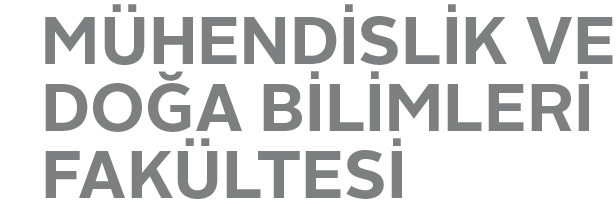
Energy Efficient Resource Allocation for Future Wireless Communication Systems
Mehdi Salehi Heydar Abad
Electronics Engineering, PhD Dissertation, 2019
Thesis Jury
Prof. Dr. Ozgur Ercetin (Thesis Advisor), Prof. Dr. Ozgur Gurbuz
, Assoc. Prof. Dr. Deniz Gunduz, Prof. Dr. Alper Erdogan, Assist. Prof. Dr. Sinan Yildirim
Date & Time: 6th, December, 2019 – 1:40 PM
Place: FMAN G056
Keywords : Energy Harvesting, Resource Allocation, Machine Learning
Abstract
Next generation of wireless communication systems envisions a massive number of connected battery powered wireless devices. Replacing the battery of such devices is expensive, costly, or infeasible. To this end, energy harvesting (EH) is a promising technique to prolong the lifetime of such devices. Because of randomness in amount and availability of the harvested energy, existing communication techniques require revisions to address the issues specific to EH systems. In this thesis, we aim at revisiting fundamental wireless communication problems and addressing the future perspective on service based applications with the specific characteristics of the EH in mind. In the first part of the paper, we address three fundamental problems that exist in the wireless communication systems, namely; multiple access strategy, overcoming the wireless channel, and providing reliability. Since the wireless channel is a shared medium, concurrent transmissions of multiple devices cause interference which results in collision and eventual loss of the transmitted data. Multiple access protocols aim at providing a coordination mechanism between multiple transmissions so as to enable a collision free medium. We revisit the random access protocol for its distributed and low energy characteristics while incorporating the statistical correlation of the EH processes across two transmitters. We design a simple threshold based policy which only allows transmission if the battery state is above a certain threshold. By optimizing the threshold values, we show that by carefully addressing the correlation information, the randomness can be turned into an opportunity in some cases providing optimal coordination between transmitters without any collisions. Upon accessing the channel, a wireless transmitter is faced with a transmission medium that exhibits random and time varying properties. A transmitter can adapt its transmission strategy to the specific state of the channel for an efficient transmission of information. This requires a process known as channel sensing to acquire the channel state which is costly in terms of time and energy. The contribution of the channel sensing operation to the energy consumption in EH wireless transmitters is not negligible and requires proper optimization. We developed an intelligent channel sensing strategy for an EH transmitter communicating over a time-correlated wireless channel. Our results demonstrate that, despite the associated time and energy cost, sensing the channel intelligently to track the channel state improves the achievable long-term throughput significantly as compared to the performance of those protocols lacking this ability as well as the one that always senses the channel. Next, we study an EH receiver employing Hybrid Automatic Repeat reQuest (HARQ) to ensure reliable end-to-end communications. In inherently error-prone wireless communications systems, re-transmissions triggered by decoding errors have a major impact on the energy consumption of wireless devices. We take into account the energy consumption induced by HARQ to develop simple-to-implement optimal algorithms that minimizes the number of retransmissions required to successfully decode the packet. The large number of connected edge devices envisioned in future wireless technologies enable a wide range of resources with significant sensing capabilities. The ability to collect various data from the sensors has enabled many exciting smart applications. Providing data at a certain quality greatly improves the performance of many of such applications. However, providing high quality is demanding for energy limited sensors. Thus, in the second part of the thesis, we optimize the sensing resolution of an EH wireless sensor in order to efficiently utilize the harvested energy to maximize an application dependant utility.

